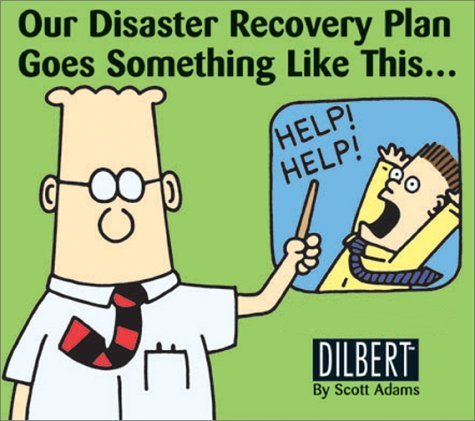Operating a business is tough on its own. Small establishments struggle every day to stay in business. It becomes especially difficult when a disaster hits and many don’t have the resources to sustain from closing their operation. About one in four businesses close their doors for good after a disaster. Here are some tips to keep your establishment afloat before, during and after a disaster or calamity.
Before
- Turn off propane tanks, and gas / electrical utilities at the main switches or valves, if instructed to do so by local authorities, or if your place of business is threatened by rapidly rising flood water – this will prevent equipment / appliances from being damaged or destroyed when power is restored.
- Make sure you have copies of important documents handy and in several safe places – this includes tax documents, insurance, payroll information and any other info pertinent to the business. Take into account that you or your partners may not have access to these in the short term, and potentially the long term.
- Invest in preparing – this, sometimes does cost an ample amount of money, but a back up plan is something we always need to deal with to limit the damages after being hit by a disaster.
During
- If you or your business is in danger zone – listen to the authorities and leave. Your business is important but your life is MORE important.
- Try to stay calm – but be aware of the situation. Trying to go against nature (if its a natural disaster) or going into a danger zone could potential hurt you and may not even be beneficial. If you know your business is in physical trouble, call 911. Also, if you experience a fire, or other power failures make sure the authorities know and take precautions.
- Make sure you are safe, as well as your employees.
After
- If you have insurance that will cover your damages, contact your agent immediately.
- Survey any damages; enter a severely damaged building ONLY after local authorities have deemed it safe to do so and do NOT turn the power on yourself.
- Photograph any damages inside your facility and save receipts for replacement items or repair work.
- Look for safety hazards such as live wires, leaking gas or flammable liquids, poisonous gases, and damage to foundations or underground piping and notify the appropriate utility companies or emergency responders.
- Dry all areas and items quickly and thoroughly to prevent mold growth; food establishments especially should examine all surfaces, including sheet rock, for evidence of mold and take appropriate action immediately.
- Begin salvage as soon as possible to prevent further damage; cover broken windows and torn roof coverings immediately to protect merchandise / business from further damage.
- Separate damaged goods from undamaged goods, but beware of accumulating too much combustible debris inside of a building.
- Call in key business personnel and notify contractors to start repairs – after ensuring that safety systems are fully implemented before any work is allowed to begin.
About the Guest Author
This is a guest post written by David of www.DavidSurvival.com. David Survival is a source for survival tips and information about gears for urban environment. It features prepping information which includes tips on how to survive a black-out, to building your own emergency go bag.


It maybe worthwhile also reviewing your insurance for your business on a regular basis before a disaster occurs. You may not be insured for certain risks associated with a disaster or insurance may be inadequate due to changes of circumstances. After the earthquake in Christchurch, New Zealand people have found their business interruption insurance doesn’t cover the loss of profits as they were expecting due to policy wording, as well people who were landlords thought they were covered for loss of rents but were not as it was a policy addition.